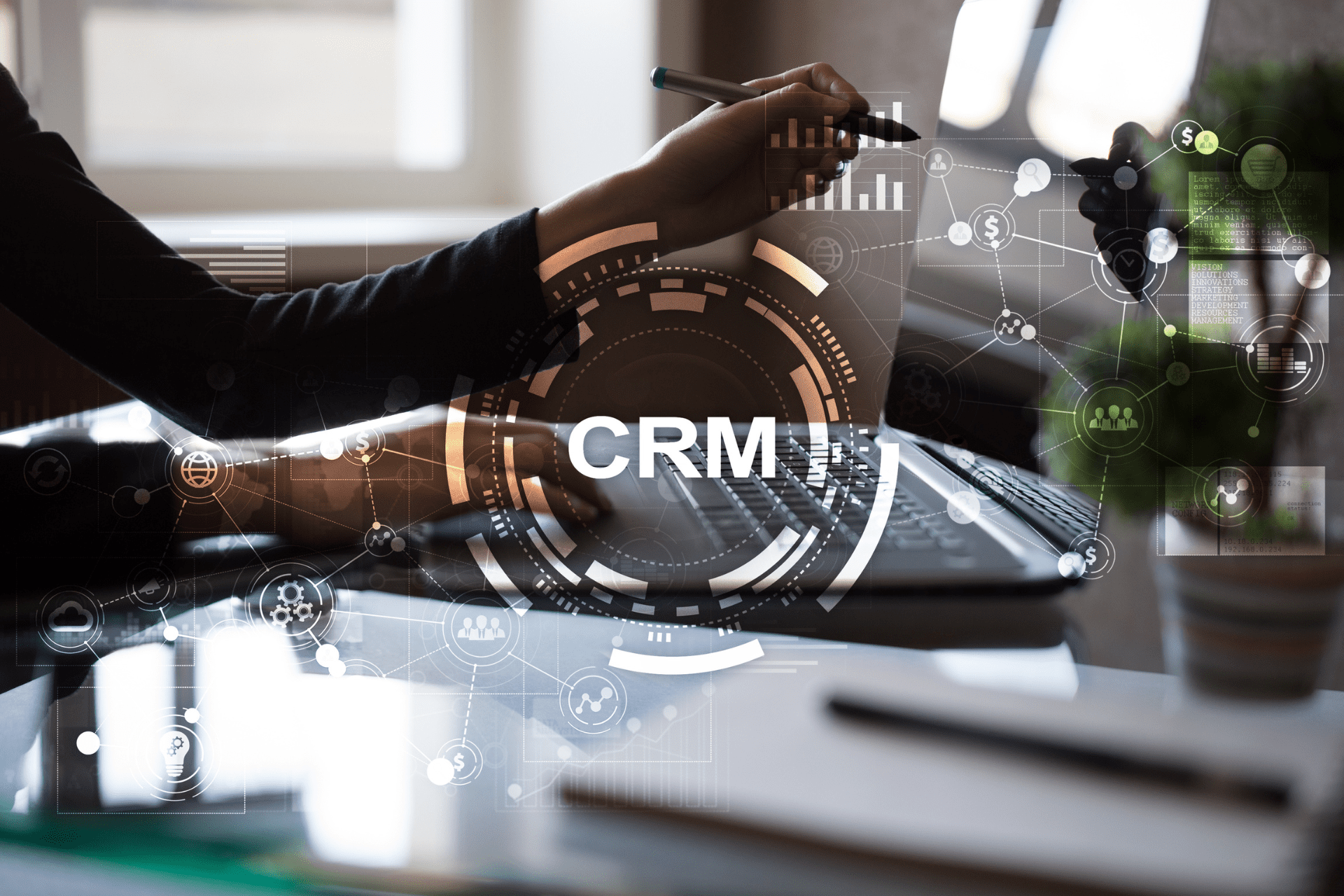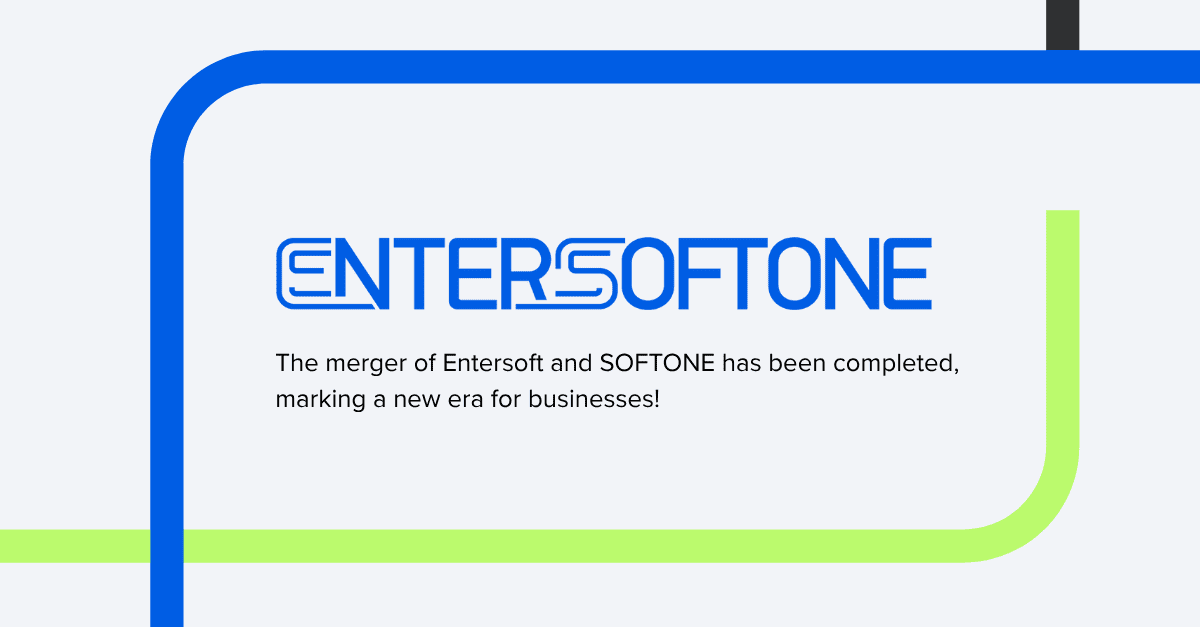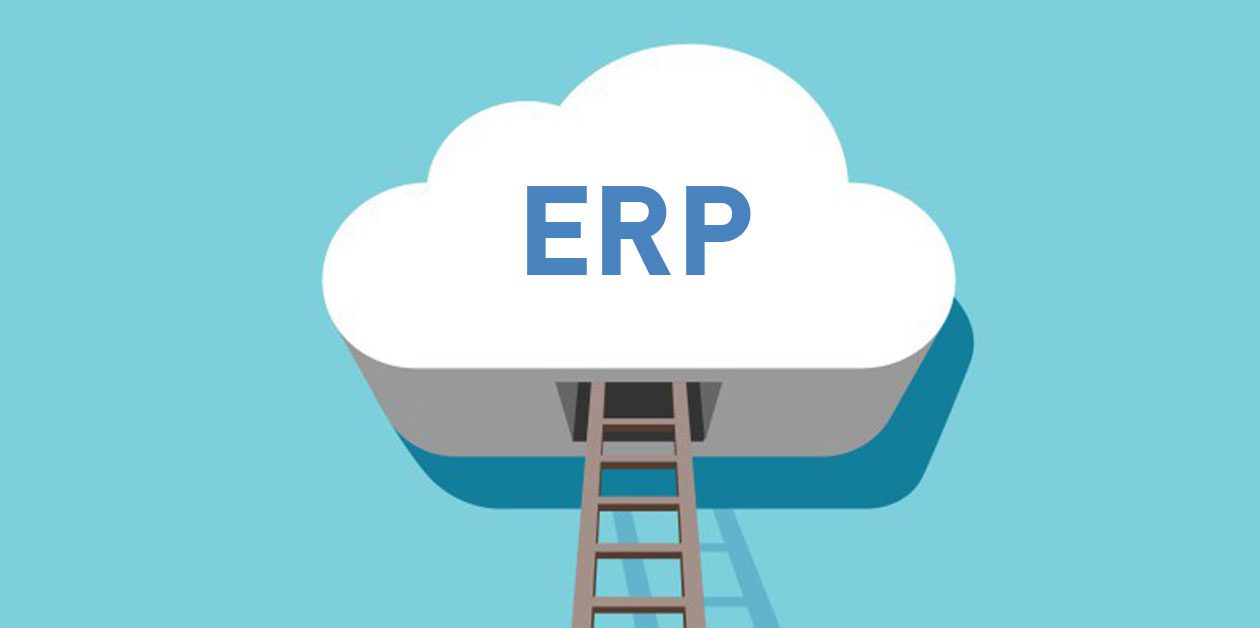Share
Read also

Trends & Views
Digital Transformation Strategies for Success

Business Software
CRM for Small Businesses and Seamless Integration

News & Events
ENTERSOFTONE: The merger of Entersoft and SOFTONE has been completed, creating the largest provider of business software products and services in Greece and Southeast Europe.

Mobility
Outlook for the BYOD and EM market from 2025 to 2035
The number of businesses that opt for e-commerce platforms to sell their products, is ever increasing. However, the optimization of sales operations remains a critical concern. The integration of ERP and e-commerce leads to the automation of multiple tasks, making business management much more efficient. In fact, since consumers have turned to online shopping due to the recent pandemic, this is the best time for any business to integrate an ERP solution with their e-commerce platform and/or multi-channel approach, for the following reasons.
Optimal customer base management
Successful business-customer relationships largely depend on fast, effective and efficient customer service. ERP and e-commerce integration facilitates database management, offering real-time integration and therefore closer contact with both consumers and vendors. Automation facilitates customer data collection, delivery scheduling and so on.
Optimal inventory management
Inventory is critical for any business, and especially those focused on e-commerce. ERP and e-commerce integration offers optimized inventory management, as the system allows you to easily keep product prices and availability info up to date. In addition, ERP ensures orders are promptly processed, so that there are no backlogs or delays.
Accounting and invoicing integration
This particular benefit is extremely important, since integrating ERP with your eShop will allow you to automate two important financial processes, i.e. accounting and invoicing. Once an order is submitted, the system proceeds to complete the process (invoicing and accounting are done automatically), leaving no room for errors and delays.
Cost and time efficiency
As a general assessment, ERP and eShop integration helps reduce operating expenses and processing time. In particular, thanks to the elimination of duplicate data entries, orders are processed both faster and without errors. On the other hand, the automation of most management processes is directly linked to less operating expenses.







